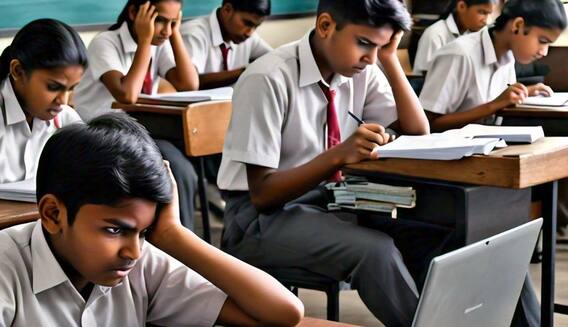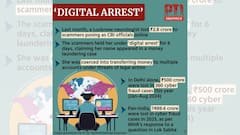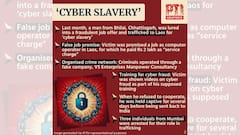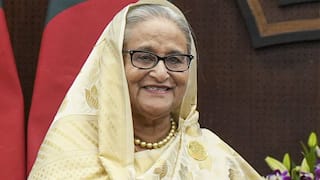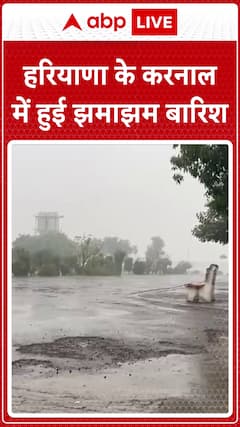Russia Adds Facebook Parent Meta To List Of Terrorist And Extremist Organisations: Report
Russia on Tuesday added social networking giant Meta to the list of "terrorist and extremist" organisations, according to a report by news agency AFP.

Russia on Tuesday added social networking giant Meta to the list of "terrorist and extremist" organisations, according to a report by news agency AFP.
Russia added the US-based tech giant, also the parent company of the world's most popular messaging platform WhatsApp, Instagram and Facebook, to a list of "terrorist and extremist" organisations, as per the database of the Federal Service for Financial Monitoring.
This comes almost two weeks after Facebook parent Meta said that it has removed networks of fake accounts that were based in Russia and China for violating the company's policy against "coordinated inauthentic behaviour". The fake Russian accounts were sharing Ukraine war content.
According to a report by news agency Reuters, earlier in June, a Moscow court had rejected an appeal by Facebook parent Meta after it was found guilty of "extremist activity" in Russia in March. In court, Meta's lawyer at the time said Meta was not carrying out extremist activity and was against "Russophobia".
It should be noted that people in Russia have not been able to access social networks Facebook and photo-sharing app Instagram since March. However, many Russians resorted to Virtual Private Network (VPN) to keep using the immensely popular social media network. The ban on Facebook and Instagram came after Meta, in late February had banned several state-run accounts from Russia from monetising on the platform and from running advertisements from anywhere in the world, as part of its ongoing efforts amid the Russia-Ukraine conflict.
Earlier in February, apart from rolling out the "Locked Profiles" feature in crisis-hit Ukraine, Meta had also temporarily removed the ability to view and search the “Friends” list for Facebook accounts in Ukraine to help protect people from being targeted. The company also advised Facebook users outside Ukraine, who might have friends in the country, to help protect them by tightening their own visibility settings by following a few instructions.
Trending News
Top Headlines






